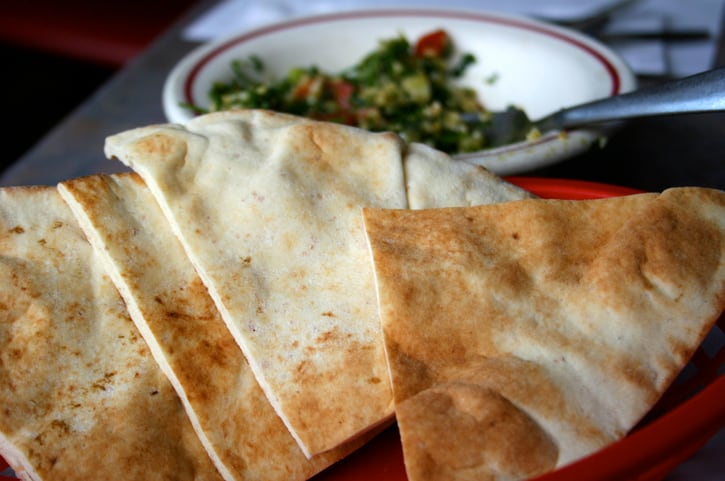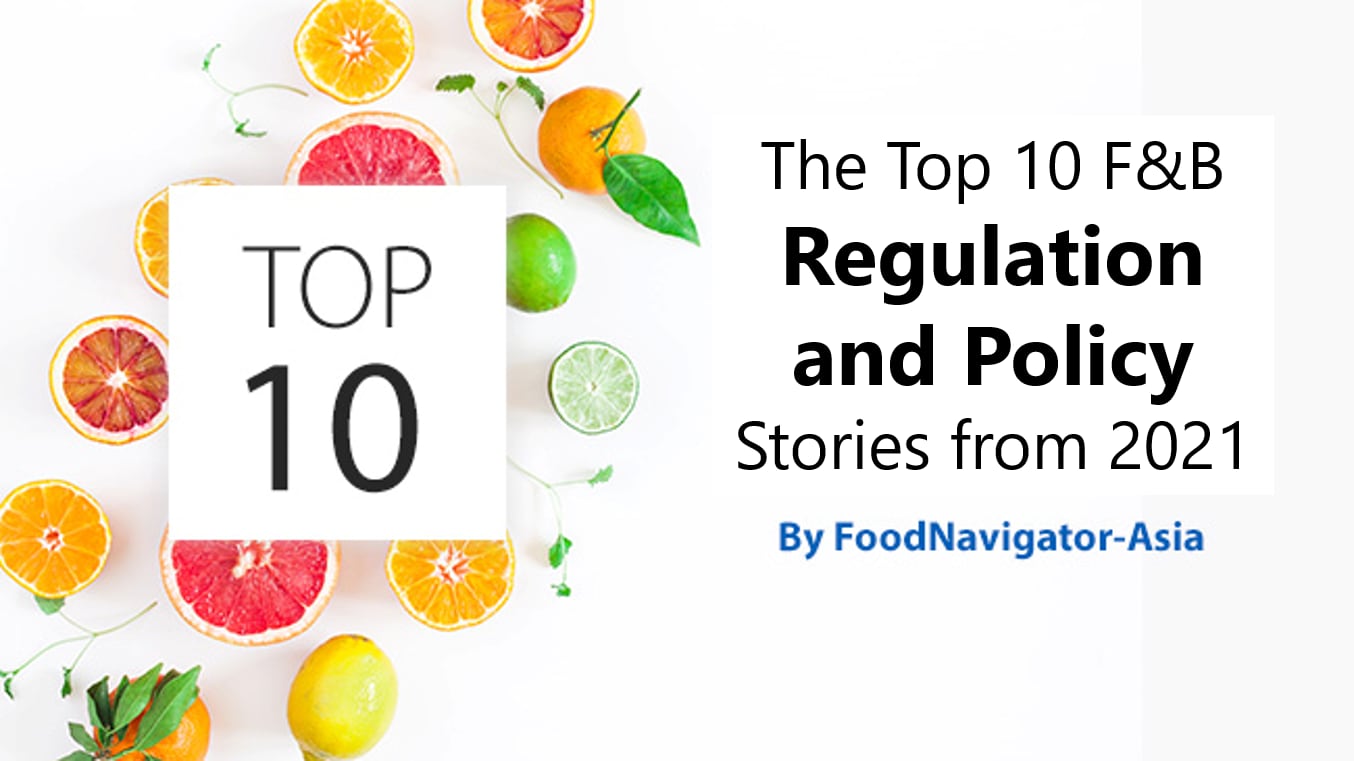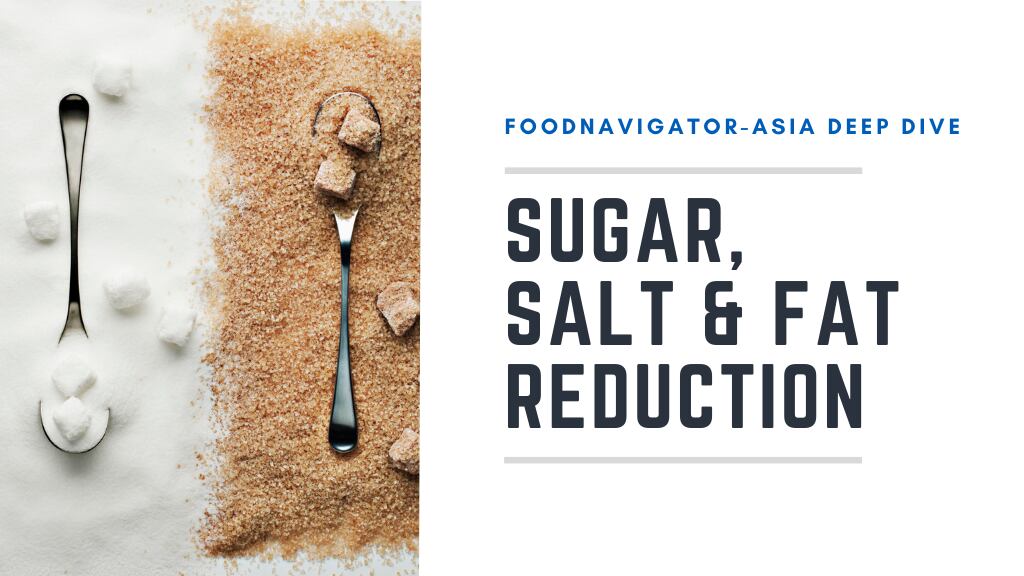In the first of its kind study, 145 food samples were collected and analysed between 2019 to 2021 for two trans fatty acids, elaidic acid (EA) and linolelaidic acid (LEA) using gas chromatography.
The intake of trans-fat is widely known to be associated with an increased risk of heart attacks and death from coronary heart disease. In Lebanon, 9.4% of deaths from coronary heart diseases were linked to trans-fat intake.
WHO recommends that trans-fat intake should not exceed 2% in total fat intake.
“To our knowledge, this is the first national study that assesses the content of EA and LEA in food, which can provide baseline information on the dietary sources of trans-fat in Lebanon, and is a crucial stepstone to reduce the risk of death and hospitalisation by CVDs,” researchers from Lebanon and Egypt wrote in Nutrients.
Food sampling
Foods were obtained from the five main governorates in Lebanon (Beirut, Beqaa, Tripoli, Saida, and Mount Lebanon).
There were 30 types of traditional dishes such as baba ghanouj, falafel, shawarma dajaj collected from central kitchens.
Other products included 35 Arabic sweets, 46 market food products such as snacks and bread, as well as 34 types of butter and margarines.
The fatty acid profile was measured using gas chromatography.
Traditional dishes
Within this category, most products had trans-fat levels within WHO’s recommendations, except for riz a dajaj and shawarma lahma which exceeded 2% in total fat.
EA was significantly higher than LEA in all traditional dishes.
However, none of the 35 samples in the Arabic sweets category exceeded 2% trans-fat in total fat intake.
Market foods
For cereals and breads, only pain au lait exceeded the WHO limit at 3.8% trans-fat for total fat intake.
Pain au lait is usually prepared from wheat, milk, and butter or ghee and frequently consumed by children.
Snacks and processed foods
Negligible amounts of trans-fat were found in the biscuits, doughnuts, and cakes group.
For chocolate products, most samples were below the limit except for wafer-coated chocolate which contained 6.5% trans-fat.
Potato chips, nuts, seeds, coffee, instant coffee, and packed tuna contained trans-fat below 2 of total fat.
Butter and margarine
Within the butter group, none of the samples exceeded 2% trans-fat of total fat.
For margarine, the average trans-fat levels in the 18 samples was around 2.4% which exceeded the limit.
According to the researchers, “Particular attention was given to the margarine group as it is used as an ingredient and therefore amongst the main sources of trans-fat in processed foods.”
Similar to the other food categories, EA was the more dominant trans-fat in butter and margarine products.
“EA was dominant in almost all the analysed samples and its higher amount indicates that hydrogenated oils were a major contributor in the processing of food products or baking and cooking meals,” researchers said.
Baseline data
The data collected in this study can help establish a stepping stone for required policies and regulations to mandate limits of trans-fat levels in foods imported or produced locally.
Lebanon imports food products from places like France, Germany, Turkey, UK, US, and Argentina. Some of these countries have implemented mandatory national limits while some are not yet in effect.
“The findings in our report highlight the importance of controlling the importation of food products from countries controlling trans-fat levels in food to avoid sinking Lebanese markets with trans-fat rich food products, which are often ultra-processed and unhealthy.
“The economic crises in Lebanon pushed the Lebanese people to select cheap oils, including butter and margarines instead of vegetable oils. The Lebanese government and ministries should strive to raise public awareness about the issue and lobby for implementing anti-trans-fat laws either on the level of national industries or, on the level of food products importation.”
Source: Nutrients
https://doi.org/10.3390/nu13103664
“Non-Conjugated-Industrially-Produced-Trans Fatty in Lebanese Foods: The Case of Elaidic and Linolelaidic Acids”
Authors: Maha Hoteit, et al.




